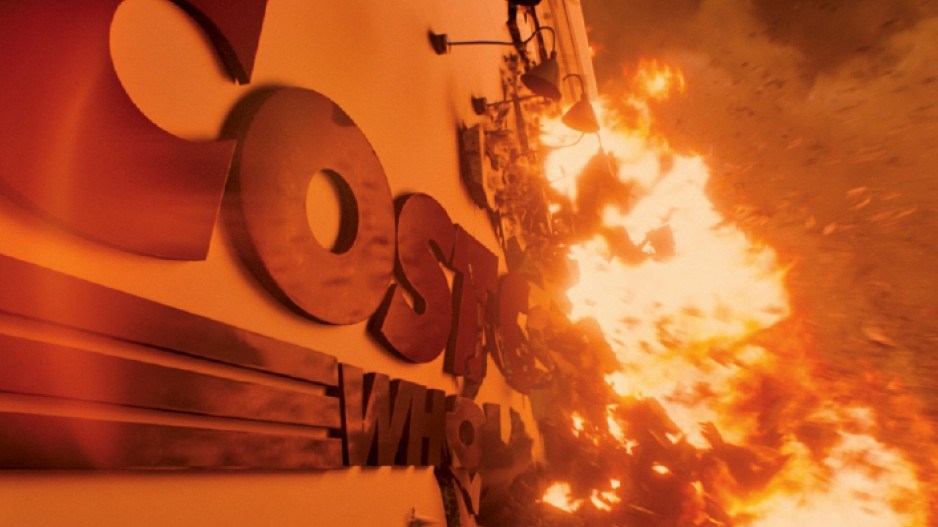If the high-profile bankruptcy and pending sale of visual effects (VFX) company Digital Domain Media Group Inc.(NYSE:DDMG) has rattled Vancouver's visual effects community, it's not telling.
Port St. Lucie, Florida-based Digital Domain runs one of Vancouver's largest VFX studios and produced VFX for Titanic and the Transformers trilogy.
It filed for bankruptcy on September 11 and announced it would lay off 300 Florida studio employees.
The company has since secured a deal to sell its assets to Beijing-based Galloping Horse America, LLC and Mumbai-based Reliance MediaWorks (USA), Inc. for US$30.2 million.
Julie Miller, Digital Domain's director of communications and marketing, said the sale isn't expected to affect Vancouver operations.
"If the sale is approved, we don't expect any impact on Vancouver operations," she told Business in Vancouver.
"All productions are moving forward uninterrupted, and it's business as usual."
In a recent profile interview, Digital Domain's new Vancouver studio head Jason Dowdeswell told Business in Vancouver that he was planning to expand the company's Vancouver headcount to 350 by year's end from what was then about 260.
Miller was unable to confirm whether that's still the plan but said the Vancouver operation currently has approximately 220 employees.
Various Vancouver VFX shops and industry heads declined to comment about whether Digital Domain's bankruptcy and subsequent sale has rattled the local VFX community.
Michelle Grady, head of film at London-based Moving Picture Co.(MPC)'s Vancouver studio, said that for MPC, it's also "business as usual."
As of press time, a Delaware bankruptcy judge had approved the sale of Digital Domain, and the company's share price was at $0.06, a fraction of its 52-week high of more than $9 in May.
In the U.S., investors have launched a class action against the company.
It alleges securities fraud in the company's November 2011 New York Stock Exchangeinitial public offering that raised US$41.8 million.




